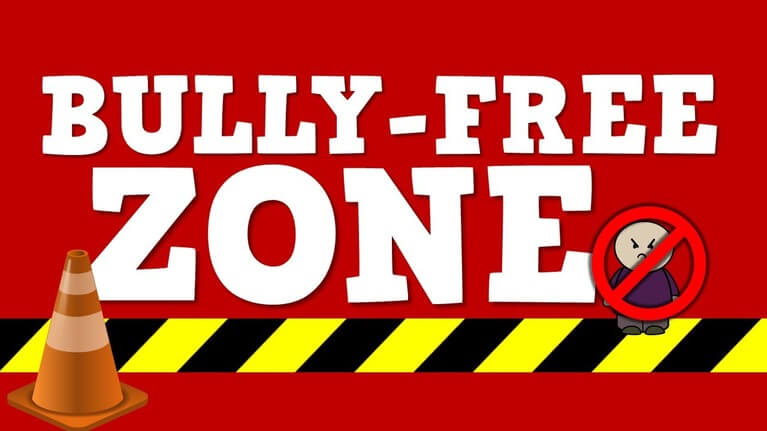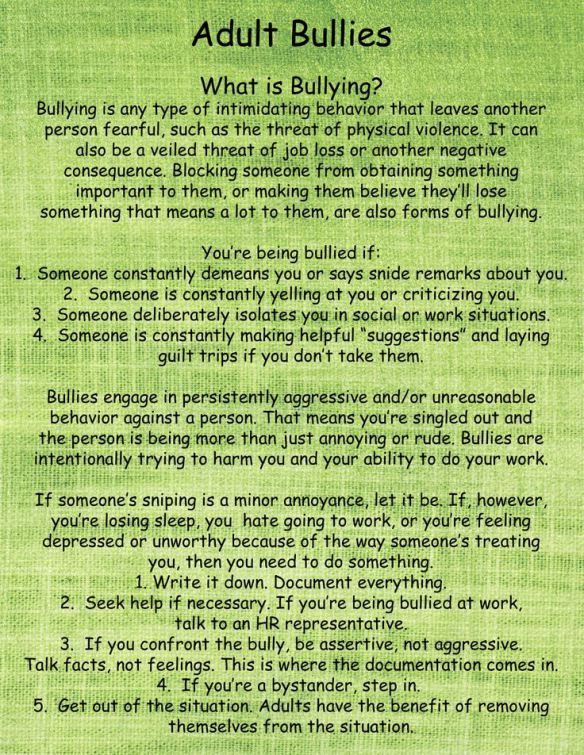
The other day a VO talent I’ve known for a few years asked for referrals to agents I work with and agents I know personally. I VERY rarely give referrals because 1. I must be comfortable with you as a talent and as a trustworthy source. 2. I must believe in the potential of what you’re able to do as a voice over (commercial, animation, narration, video games, radio, etc.) and 3. You must have trained or worked with people I know in voice over.
There’s more but those are the top reasons. The person contacting me has potential to grow, but isn’t in a place where I feel comfortable recommending their abilities to clients or agents who have put faith and trust in me. I know the person. I’ve seen them at countless workshops, and each time they progress a bit more and more. However, despite this person’s determination, they have some flaws that don’t sit well with me, not just with their voice over skills, but their attitude. True talent need to be able to hear criticism and I believe in ONLY giving constructive advice, never malicious. After knowing this person for quite a while, I can’t bring myself to admit my feelings (unless they’re reading this blog) because their past and current behavior has brought me distress.

The voice over community is well known for it’s support and generosity to beginners as well as pros. But there are always going to be those who use their years of expertise as an excuse to discourage or bring you down, while those with less experience use guilt trips and bullying tactics if you don’t give them want they want.
You don’t share contacts or give referrals unless the person asking for them is worth putting your reputation on the line for. Lots of working voice over talent will say the same thing. Just because I’ve known the talent for a long time, seen them in workshops, events and so on, doesn’t mean I have to give them what I’ve worked so many years for, however, that’s not what they thought. Despite their politely asking, I refused to name names. I did my best to explain “how” I went about finding various contacts and building my clientele, but the person didn’t want to do the work, they wanted me to give them names and how to reach them. Instead of accepting my reasons for not supplying specific contacts to get in touch, I was belittled, then accused of taking help from others and not being generous to giving back to friends. This put me off right away. When I go to forums, messages boards, or Facebook groups I don’t flat out request for help. I ask for advice, suggestions or criticism. If I’m participating in a course or group that I’ve paid money for, then I have EVERY right to ask for help from others who paid the same money. A real friend would accept my reasons and move on. This person, who is an adult, wasn’t being a friend at all, they were bullying me since I didn’t do what they wanted. I already know enough people who have tempers, huge egos and sour attitudes but I will NEVER give referrals to people who are bullies.
In another blog post titled “Voice Over Knowledge Shared” I make the following very clear: If I don’t know you personally and have never seen or heard you act then it’s not going to happen. If you call one of my clients, agents or teachers and falsely claim that I recommended you when I didn’t, it really won’t happen. And to folks who use anger and bullying, it will NEVER happen.
Why am I sharing all this in a blog? I’m sharing it because in a business as ruthless and unforgiving as the entertainment industry, people often forget that a sour attitude and ego can cost more than opportunities. The talent could end up getting blackballed or blacklisted. For those just starting out this knowledge is crucial, so please pay attention. I hear constantly about various individuals who have become blackballed and blacklisted due to their tempers. If the person from yesterday is reading this post, they need to know that not everything will happen as they’d like it to happen. And if they want to have referrals they need to understand how to EARN them: Politeness, respect, proof of hard work, networking, keeping up with current events, an incredible amount of patience and a whole lot more.
During a 2012 article from Psychology Today George Clooney shared various discussions on how he views his success and work ethic. When asked what was the most important characteristic in working with someone, he said “kindness.” “Nothing good comes out of creating space that you don’t feel welcome in.”
Such advice is true and strong. Those who don’t take time to acknowledge their behavior risk delaying their success or preventing it from happening.
